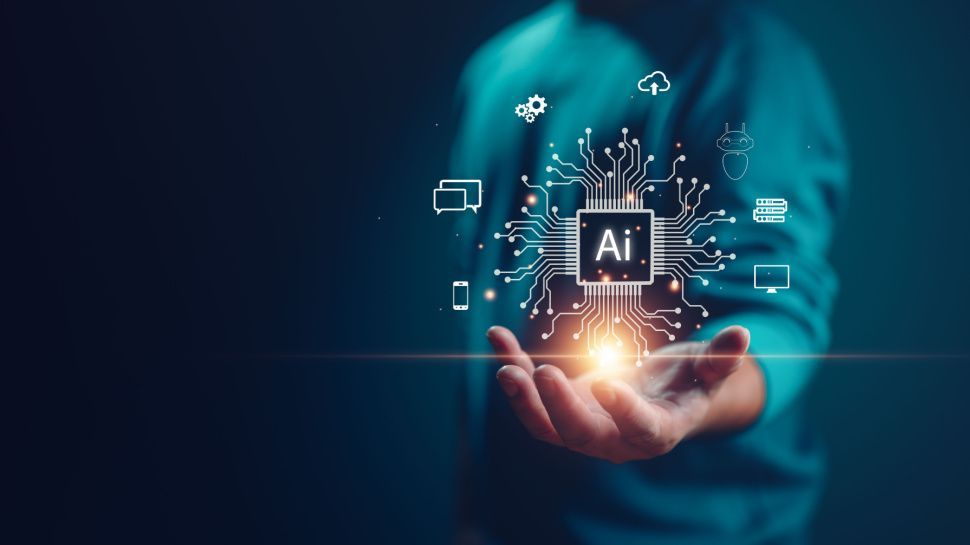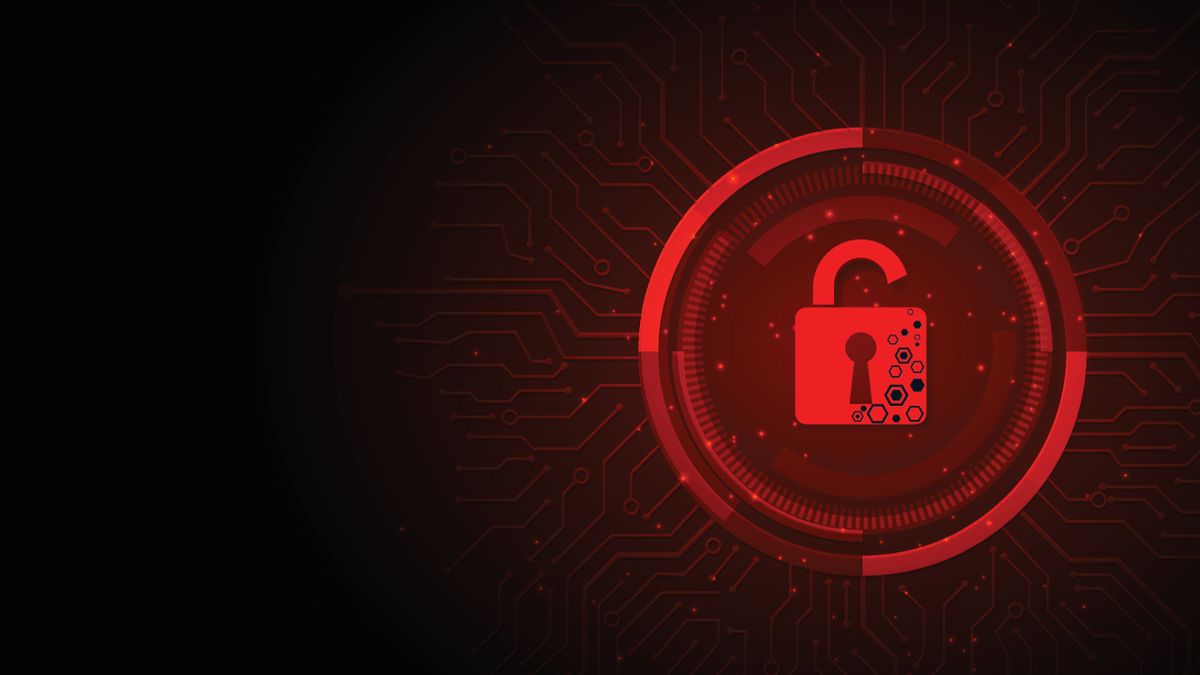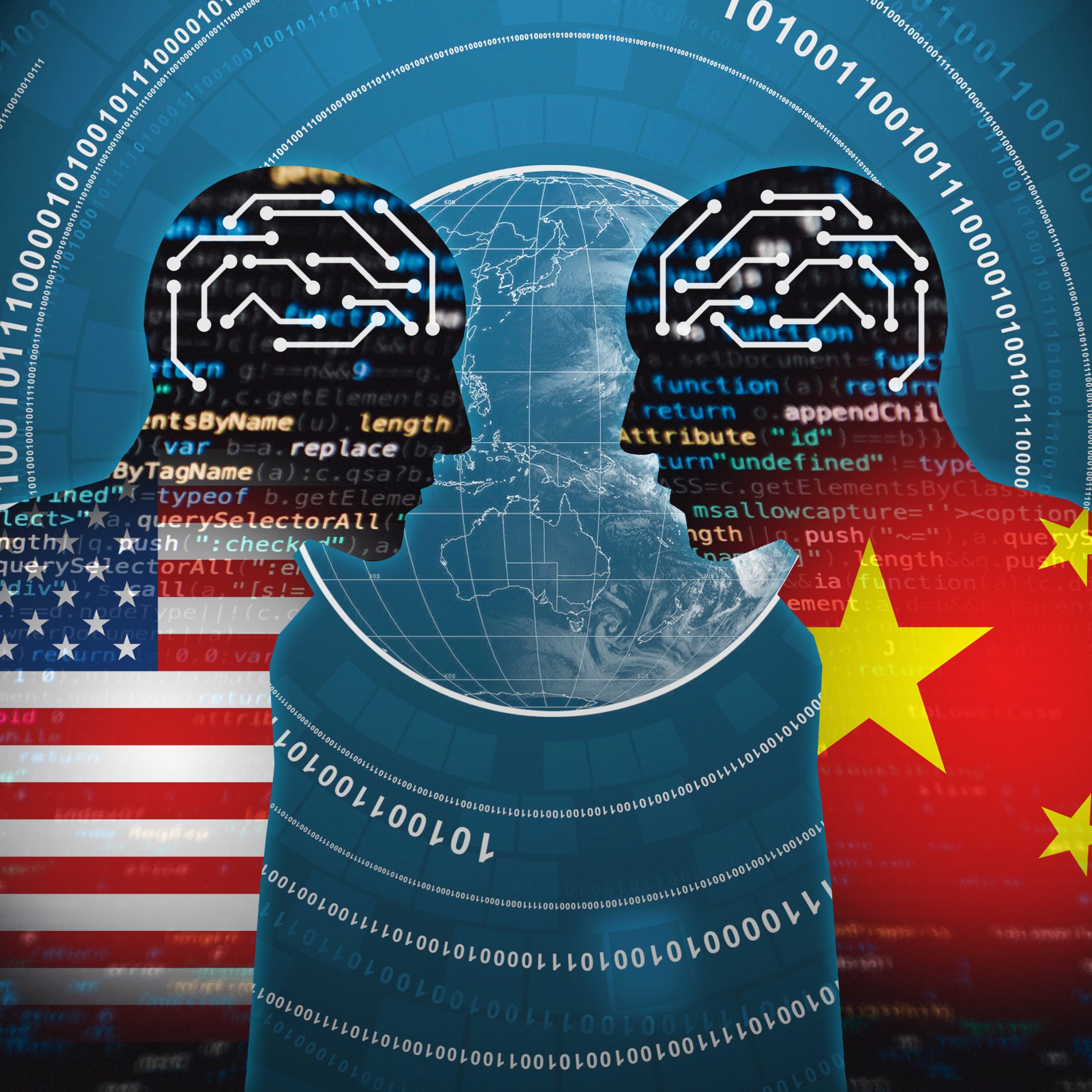Artificial intelligence (AI) has become ubiquitous, permeating everything from our daily news to sci-fi blockbusters. But with this growing presence comes a wave of misconceptions. Frightening headlines and dystopian visions often overshadow the very real and positive impact that AI is already having.
Myth number 1: AI will doom humanity
The dramatization of AI as the end of humanity permeates media narratives. In contrast to this bleak picture, AI is a tool used by humans to solve complex problems more efficiently. A good example is the use of AI in healthcare, such as the UK NHS's deployment of an AI system called Mia, which has demonstrated a remarkable ability to identify tiny cancer cells that human eyes often miss. unnoticed. This is not the beginning of an apocalypse but a lifeline for countless patients.
The power of AI in healthcare goes beyond early detection. AI can analyze vast data sets from electronic medical records, identifying patterns and trends that can inform treatment decisions and improve patient outcomes. Imagine a future where AI acts as a collaborative partner for doctors, providing real-time insights and personalized treatment recommendations based on a patient's unique medical history and genetic makeup, as discussed in a recent report from the Institutes National Health.
Also consider autonomous vehicles. While there are safety concerns, the technology has the potential to dramatically reduce highway deaths caused by human error, according to findings from the National Highway Traffic Safety Administration.
Myth #2: AI will steal our jobs
This fear, especially in industries with many repetitive tasks, is understandable. The impact of AI on the workforce requires a nuanced approach. While some jobs may be replaced by automation, new opportunities will undoubtedly arise, and fears that this will lead to widespread job elimination are overblown. In fact, research from the University of Cincinnati suggests that AI will likely create more jobs than it replaces, in the same way that the Internet has.
AI often automates mundane tasks, allowing human employees to focus on creative efforts, have time to perform certain tasks better due to the time available to solve problems, and achieve higher-level skills. Mediocrity will no longer be acceptable. For example, AI-powered analytics tools free up data scientists to focus on interpreting complex data patterns and making strategic decisions instead of collecting and processing data.
The key is adaptation and continuous learning. Upskilling and reskilling initiatives can ensure that humans and AI work together for a more efficient and productive future. If the Internet democratized information, AI will democratize intelligence. Educational institutions and governments can play a crucial role in equipping people with the skills needed to thrive in an AI-driven future. This could involve training programs in areas such as data analytics, machine learning, and critical thinking skills to ensure a smooth transition for the workforce.
Myth #3: AI will make our children stupid
There are concerns that over-reliance on AI will hinder children's cognitive development in the same way our parents ridiculed the pocket calculator. However, when used correctly, AI can significantly improve educational experiences and increase the need for critical thinking in schools, while putting extreme intelligence within the reach of every student.
Imagine a classroom where each student receives personalized instruction and on-demand support from an AI tutor. This AI tutor, equipped with a deep understanding of the student's strengths and weaknesses, could adjust the pace and difficulty of learning to optimize knowledge retention, encouraging a deeper understanding of complex concepts, as noted in the article by Forbes “The Future Of Education: Embracing AI.” For student success.”
Myth #4: AI isn't real yet
Despite assumptions that AI is a technology of the distant future, it is already deeply embedded in our daily lives and has been for many years. From smartphone voice assistants that schedule our appointments and recommendation algorithms on our favorite streaming platform to sophisticated diagnostic tools in medicine, AI integration is broad and growing. Its current applications are real and work quietly behind the scenes, actively shaping various industries.
Beyond debunking: a look into the future
As AI continues to evolve, we can expect even more transformative applications. The future holds potential for AI companions that learn from our experiences and preferences, transforming the way we manage our daily lives. Imagine a personal AI that integrates seamlessly into your routines, offers personalized support, and anticipates your personal needs. This could range from optimizing your schedule, delegating work to other team members, accessing real intelligence to accomplish a complex task, ensuring you have time to excel to suggesting healthy eating plans, freeing you to focus on what matters most, like experimenting. life with family and friends as you imagined you would.
Beyond automation: the creative potential of AI
While automation is a core strength of AI, its capabilities extend far beyond repetitive tasks. AI is used to generate creative content, from composing music to writing scripts similar to the way Drake generated lyrics or bringing Tupac, a past hip hop legend, back to life in a recent song. Google AI researchers have developed an artificial intelligence system that can generate realistic and creative pieces of music in various genres, as analyzed by Google AI's Magenta Studio. As AI continues to evolve, we can expect even more creative applications to emerge.
The Power of Personal AI: Leaving a Legacy of Love and Wisdom
We are building a future where AI personal assistants become an extension of ourselves. They learn from our experiences, preferences and values, forming a deep understanding of who we are. This raises intriguing possibilities.
Imagine a world where your AI companion, adapted over the years to understand the nuances of your life, can serve as a living legacy to your descendants. This “digital grandmother” could provide invaluable advice to a great-grandchild, based on a lifetime of learned experiences. This is not science fiction: it is a potential future driven by advances in AI.
Harnessing the potential of AI
Far from the dystopian fears often portrayed in the media, jumping on fear and doom with very little applied analytical thinking, the future of AI is not one of domination, but of co-creation. It is a future where humans and AI will work together to solve our most pressing challenges. It is not only about technological advancement but also about the personal and social transformations it can bring. As we continue to develop and integrate AI into various aspects of our lives, we find ourselves on the brink of a new era in which AI enhances our human experience, acting not just as a tool, but as a collaborator, a companion, and even a bridge. between generations. This is the true potential of AI and it is a future worth embracing.
We have the best AI tools.
This article was produced as part of TechRadarPro's Expert Insights channel, where we feature the best and brightest minds in today's tech industry. The views expressed here are those of the author and are not necessarily those of TechRadarPro or Future plc. If you are interested in contributing, find out more here:









